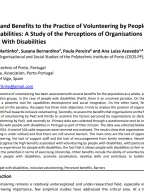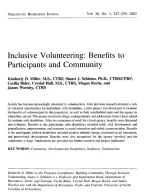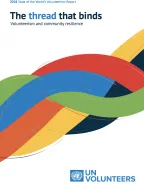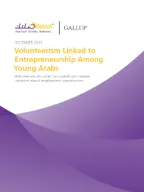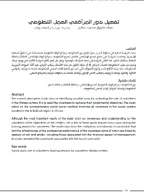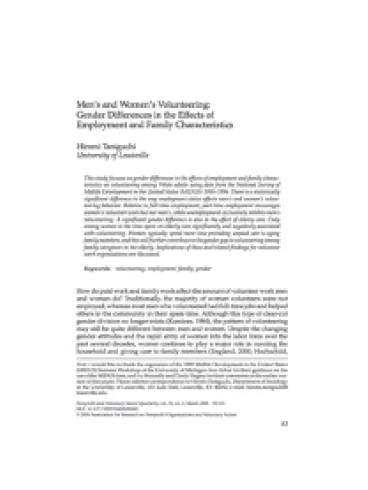
Men’s and Women’s Volunteering: Gender Differences in the Effects of Employment and Family Characteristics
Fast read
-
This study looks at gender differences in the effects of employment and family characteristics on volunteering among white adults using data from the National Survey of Midlife Development in the United States for the period 1995–1996.
-
It also discusses the implications of these gender differences and how volunteer-involving organizations can interpret these findings.
Summary
The study found there is a statistically significant difference in the way employment status affects men’s and women’s volunteering behaviour. Relative to full-time employment, the study suggests that part-time employment encourages women’s volunteer work but not men’s, while unemployment exclusively inhibits volunteering by men. The study also underlines a significant gender difference in the effect of elderly care. The study notes that time spent on elderly care is only significantly and negatively associated with volunteering among women. The study highlights that women typically spend more time providing unpaid care to ageing family members, which further contributes to the gender gap in volunteering among family caregivers for the elderly.
In terms of formal volunteer work, the study found that just like the labour market, the voluntary sector is highly segregated by gender. Among active volunteers, women are more likely to volunteer for organizations in the areas of social and health services, while men are often found in political, economic and scientific fields. Similarly, the study argues that for men volunteering is a leisure activity, whereas for women it is more akin to a chore. The study also suggests that the leadership roles of women in volunteer organizations may still be somewhat limited across fields.
The study provides policymakers and other stakeholders with new evidence to help enrich understanding of the gendered patterns of volunteering. It also provides recommendations on how these findings could be translated into strategies and programmes that could widen volunteering opportunities to reach those who are already overburdened with unpaid care work.













